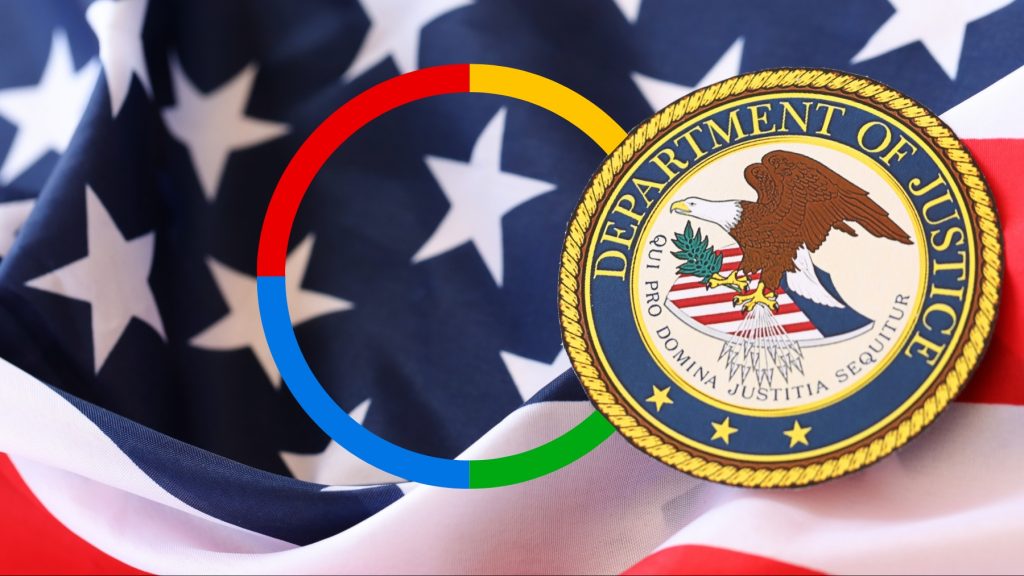
Late Tuesday, the Department of Justice (DOJ) proposed a possible Google breakup as part of an antitrust settlement, following concerns over the Big Tech giant’s search engine practices.
The decision comes after the DOJ stated that it is weighing possible remedies for the giant’s search engine practices, especially after accusations of a Google search engine monopoly, which is forming a barrier for new AI startups in the industry.
Google Monopoly on Search Engine
In its complaint, the DOJ proposed various remedies, which, as it put it, were designed to address “monopoly maintenance.” Google breakup remedies could include contractual constraints, nondiscrimination provisions, data-sharing and interoperability provisions, as well as structural relief involving divestitures of parts of Google’s business.
The Justice Department said it was worried that Google has illegal monopoly on search engines and would use its successful products like Chrome, Android, and the Google Play Store “to degrade the competitive search market.”
The main focus of the DOJ are the ways in which Google establishes default agreements and revenue-sharing deals with major partners such as Apple and Samsung. Those deals, which run into the billions of dollars every year for Google, might be changed by proposals that would force a “choice screen” through which users could select other search options.
Currently, the DOJ seeks breakup of Google ad unit on distribution channels so that the tech giant cannot be privileged in the next access points for search, including those using AI.
According to Google’s president of global affairs, Kent Walker, the company plans to appeal the ruling and highlighted the court’s emphasis on the high quality of Google’s search products, which the judge also noted in his ruling.
The DoJ also wants Google to share data, considering data privacy concerns, about its search index and AI-assisted search-related features with rivals. Judge Amit Mehta said he would rule out recommended remedies by August 2025. That timeline, though, could be extended if Google appeals.
Google’s Vice President of Regulatory Affairs, Lee-Anne Mulholland, called the DOJ’s Google breakup proposals “radical” and said the action should be about specific search distribution contracts to avoid google search monopoly, rather than regulatory changes that may affect many other industries.
Legal experts say the court may force Google to modify the exclusive deals that will favor its search engine, possibly opening up easy access to rival services because the company holds a 90% market share in search, and its dominance had triggered antitrust worries that, in turn, provoked legal scrutiny and recent rulings that may force the company to offer alternatives to its Play Store for downloading apps.
Final Thoughts
The Google monopoly on search move, coupled with Microsoft’s aggressive move monopolize the AI space, especially with the partnership with OpenAI, raises serious concerns about technology monopolization. Microsoft is making strategically savvy moves with the integration of OpenAI features into its products, however, it is monopolizing the AI market and strangling out competition.
The positives of breakup of Google are that such a move would consequently open space for newcomers, which is needed to really push genuine innovation in the AI industry.
Every time more of these small companies pop up, the effect of google breakup on investors shows as it opens a room for applications and making the environment competitive that may redefine what the future of AI technology would be.
Inside Telecom provides you with an extensive list of content covering all aspects of the tech industry. Keep an eye on our Tech sections to stay informed and up-to-date with our daily articles.